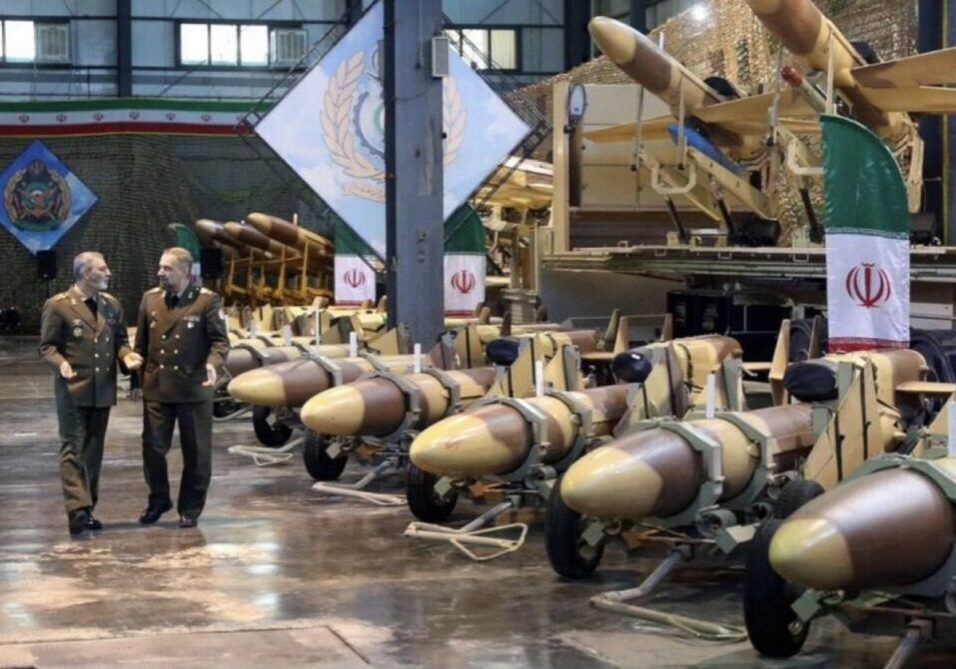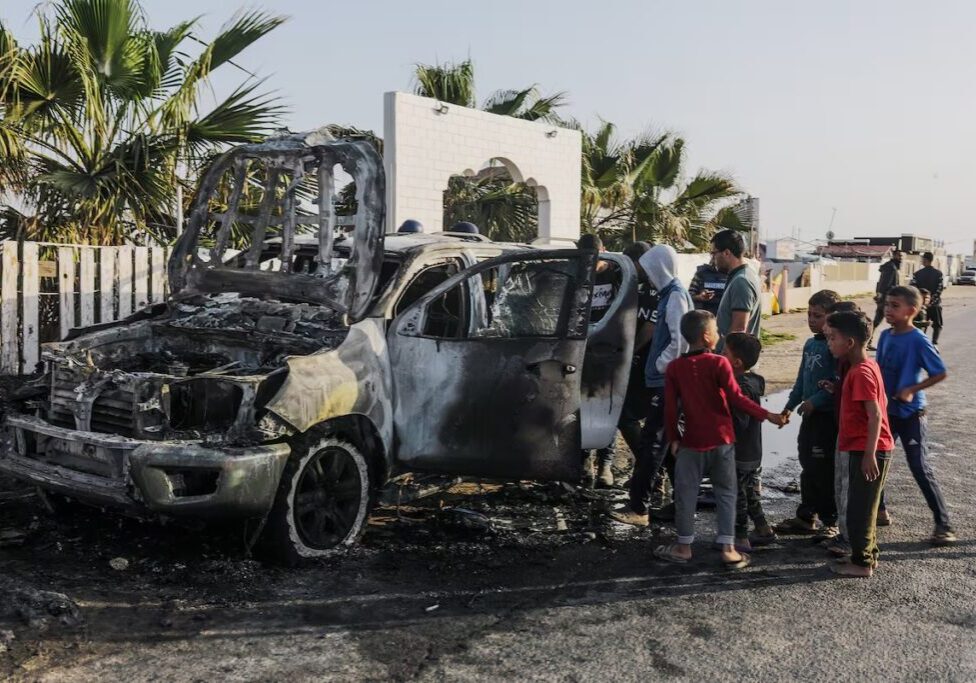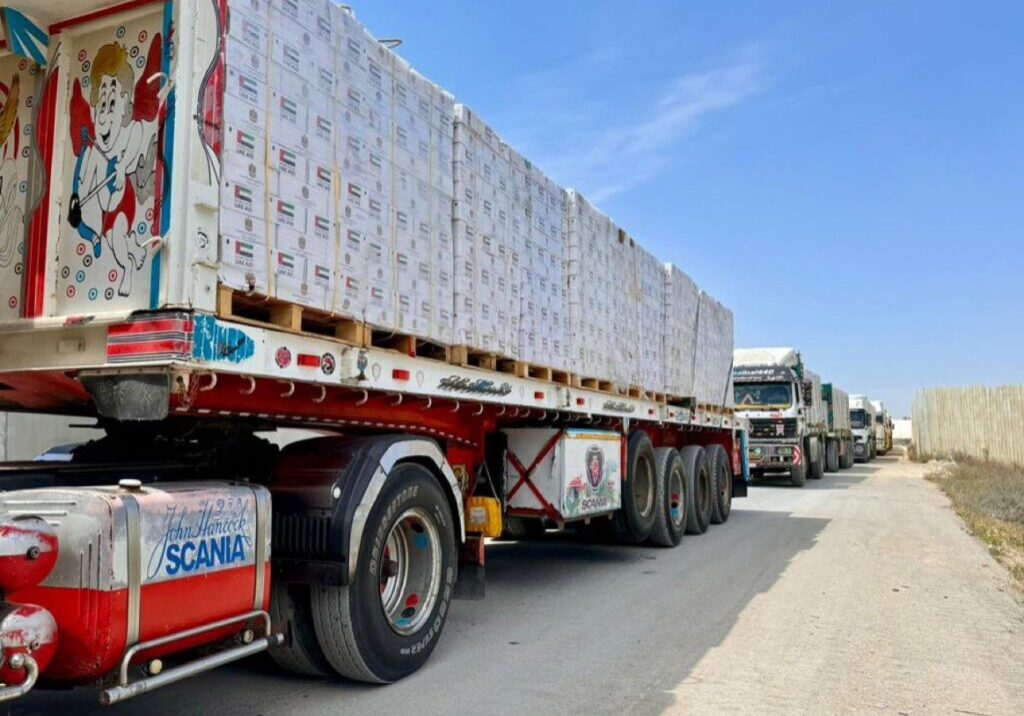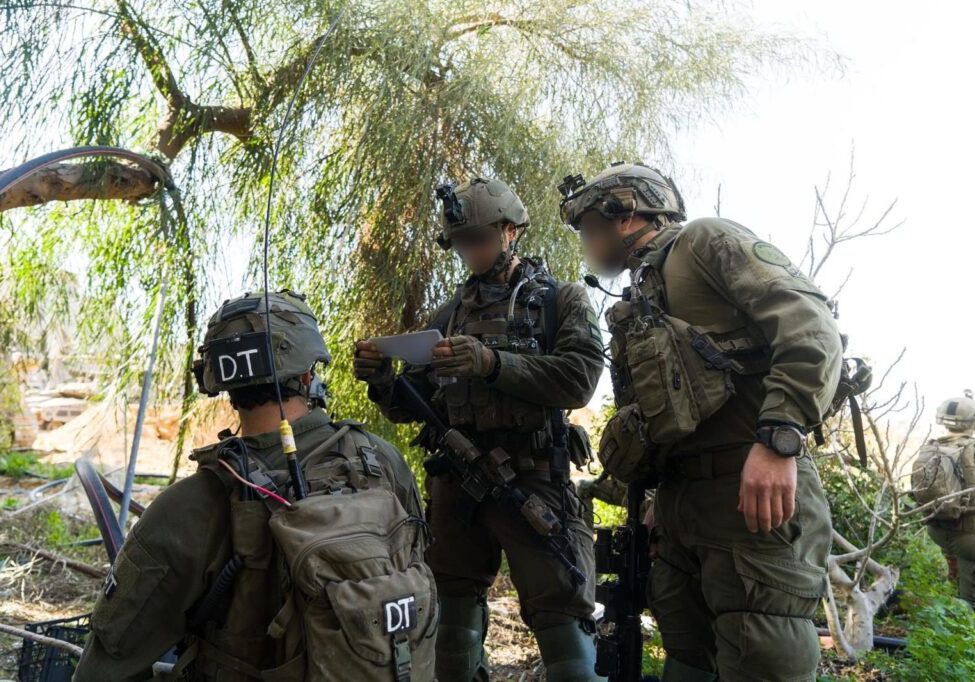Australia/Israel Review
Scribblings: Two Quotes
Feb 4, 2016 | Tzvi Fleischer
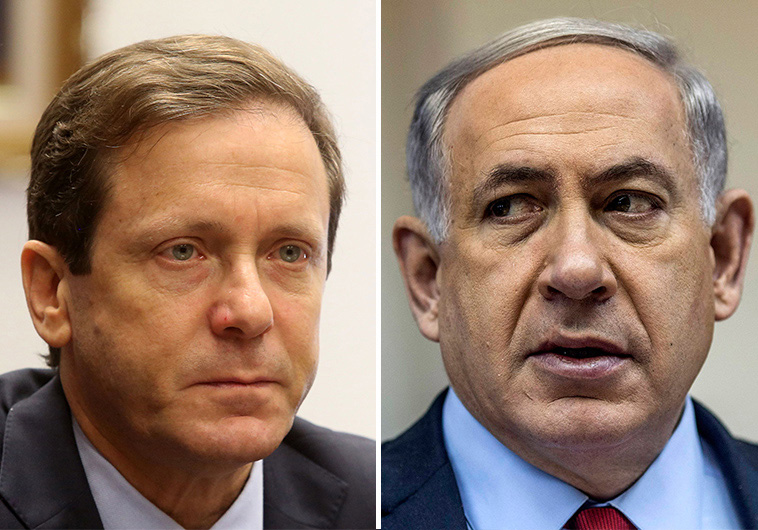
Tzvi Fleischer
Have a look at these two quotes from Israeli leaders:
“The attempt to try and reach a Palestinian state now is unrealistic. A Palestinian state cannot be established now because the Palestinians currently do not have a leadership that controls all of their territories and could lead such a move…[I am] a big supporter of the two states vision, we have to be realistic… The hatred and incitement among the Palestinians is just too great.”
“I think that anyone who goes to create today a Palestinian state and turns over land, is turning over land that will be used as a launching ground for attacks by Islamist extremists against the State of Israel. That’s the actual reality that has been formed here in recent years.”
While the tone is clearly somewhat different, I think readers will agree that, in terms of policy implications, the two quotes are not terribly far apart. Both individuals are saying that creating a two-state resolution in the near future just isn’t feasible. Even the tonal difference fades somewhat when you note that the second speaker said a few days later “I want a sustainable, peaceful two-state solution, but for that, circumstances have to change.”
The first speaker is Israeli opposition leader Yitzhak Herzog, the leader of the centre-left “Zionist Camp” party, the former Labor party. He was speaking to French President Francois Hollande in Paris on Jan. 22.
The second is Israeli Prime Minister Binyamin Netanyahu – in a pre-election interview last March which made major international headlines at the time. It has since been trotted out repeatedly in numerous wire service and local reports on Israeli-Palestinian issues since – presented as proof, or at least strong evidence, that Netanyahu is not interested in a two-state solution and the current impasse is his fault (generally without mentioning his numerous later statements affirming two states remain his goal.)
I contrast the two statements because what Netanyahu was actually saying – a two-state resolution is not possible “today” – is actually the view almost across the spectrum in Israel. Opposition leader Herzog – a smart and sincere man – thinks the same thing.
There are many good reasons that he, like Netanyahu and most Israelis, believes this is not possible – not least that Abbas has repeatedly rejected any future recognition of Israel as a Jewish homeland, and is refusing to negotiate without pre-conditions, despite being repeatedly invited to do so.
Further, no serious observer thinks that, at this late stage in his career, Abbas is going to sign onto the sort of peace deal that the world envisions – not after he self-admittedly rejected “out of hand” such a deal offered by then-Prime Minister Olmert in 2008. Moreover, even if he did so agree, he almost certainly could not deliver a Palestinian consensus behind him, not with Hamas still ruling Gaza. Moreover, as Netanyahu indicated, with Islamists popping up throughout the region wherever there is a power vacuum, and Abbas dependent on Israeli support to help protect him from Hamas, rushing to create a Palestinian state now would very likely create yet another Islamist fiefdom on Israel’s doorstep.
This Israeli consensus is, in my view, based on sensible analysis of the regional realities. It is time the international media acknowledged this consensus and where it comes from, rather than constantly blaming Netanyahu and his government alone.
A Tale of Two Cities
Let me quote some descriptions of a city. A visiting journalist said of some neighbourhoods, it was a “a panorama of wreckage so vast that it was unclear where the original buildings had stood” and “Many streets had been erased or remained covered in rubble or blocked by trenches used in the fighting.” Local authorities the reporter spoke to said that “more than half of the city’s buildings have been destroyed, including government offices, markets, and houses.” When asked when residents could return to their homes, another government official said “Homes? There are no homes.”
The city described above (in a report by Ben Hubbard of the New York Times, printed on Jan. 7) is Ramadi in Iraq, recaptured from ISIS by Iraqi forces following heavy air strikes from the US and other allies in late December.
According to the New York Times, “Iraqi and coalition officials placed blame for the city’s destruction on the jihadists, who mined roads and buildings and detonated the homes of anyone connected to the Iraqi government.” The article also mentioned the extensive use by ISIS of tunnels under streets and buildings.
It is interesting to compare international reactions to what happened in Ramadi to Gaza last year – when Israel fought against Hamas, who employed most of the same tactics as ISIS in Ramadi; tunnels, placing explosives in buildings and homes, and basing themselves in civilian buildings including hospitals. Estimates are that no more than 6% of homes in Gaza were destroyed or heavily damaged – an order of magnitude less than Ramadi’s estimated 50%. Pictures seem to indicate that most of Ramadi looks like the small number of blocks in the Shejaiya neighbourhood of Gaza which always feature in TV news reports. This small area suffered heavy damage because it was turned by Hamas into a fortress, full of bunkers, tunnels and explosive booby traps. Most of Gaza, unlike Ramadi, was virtually untouched by the war.
Yet Israel was widely condemned for the destruction in Gaza, in the media, by NGOs and by governments. Virtually no one has condemned the much greater damage to Ramadi.
The point is not simply that Israel is subject to double-standards. It is that urban warfare against a terrorist enemy hiding in civilian neighbourhoods, utilising tunnels, bunkers and booby traps, is always going to be messy and bloody. The expectation that such an enemy can somehow be fought without causing significant damage to civilian infrastructure – and yes, tragically, civilian casualties – is based on either gross ignorance of war or bad faith. The reality is that, despite all the outrage, Israel in Gaza probably did about as well as anyone could hope to in minimising this destruction – as indeed a group of senior and experienced international military officers and experts recently concluded in their detailed report (see www.high-level-military-group.org).
Tags: Iraq

